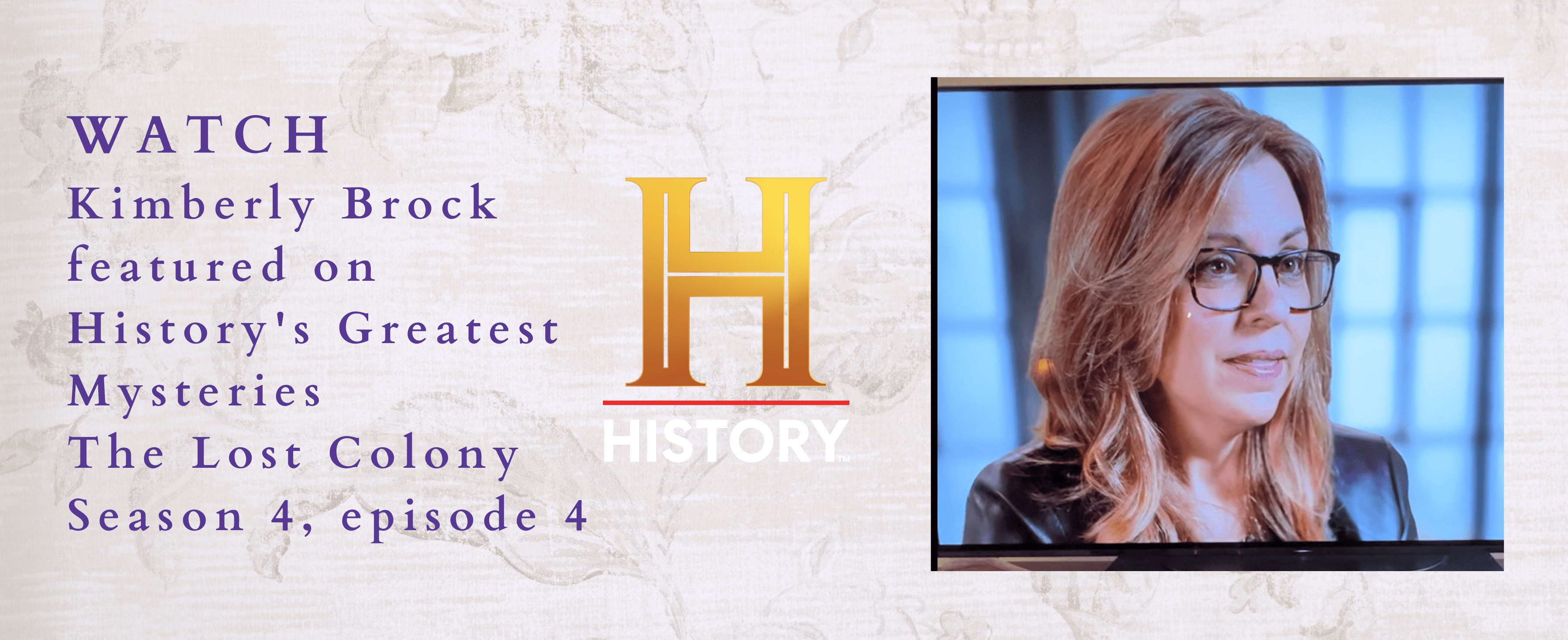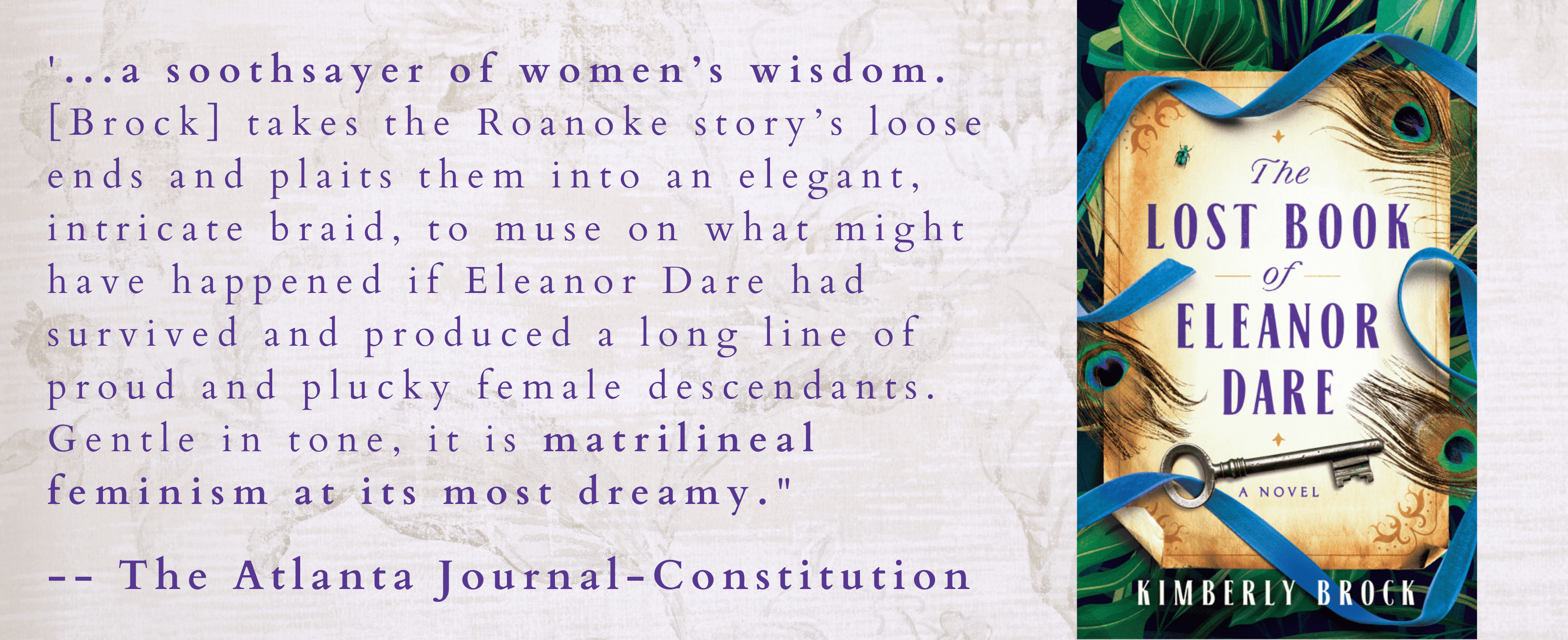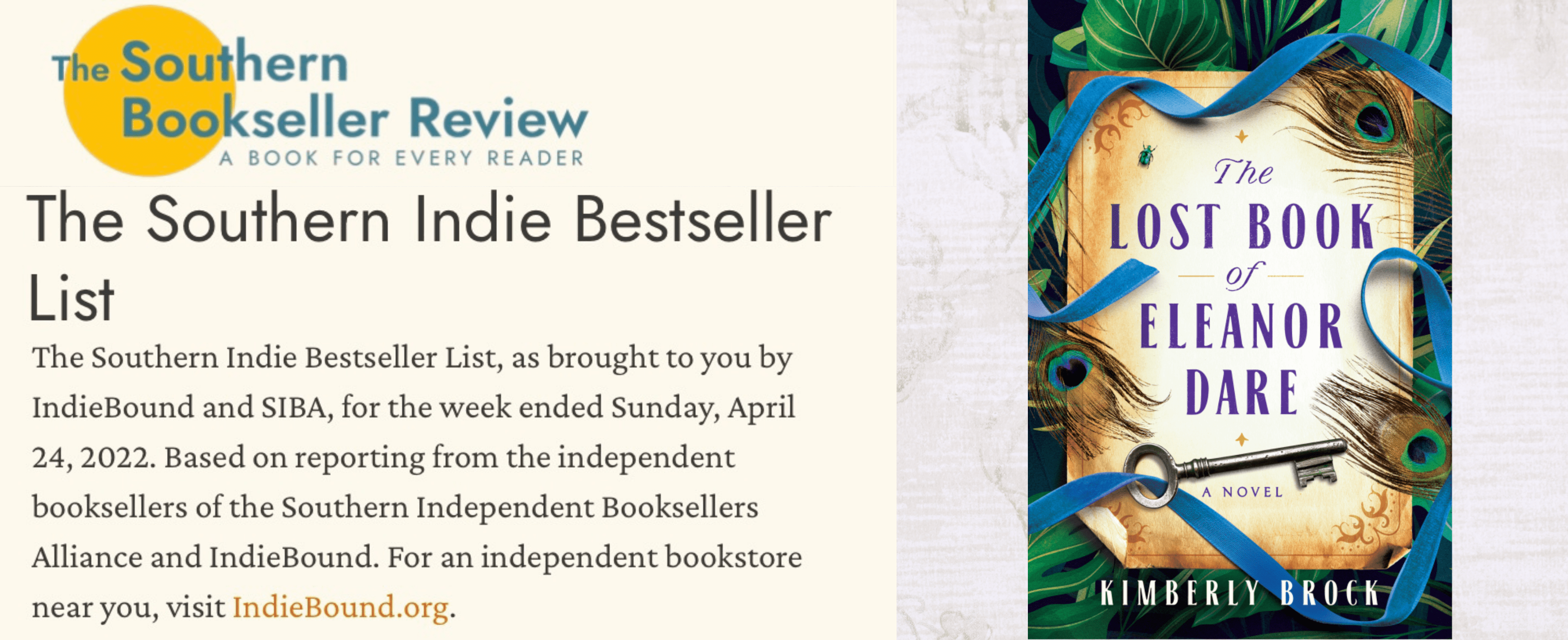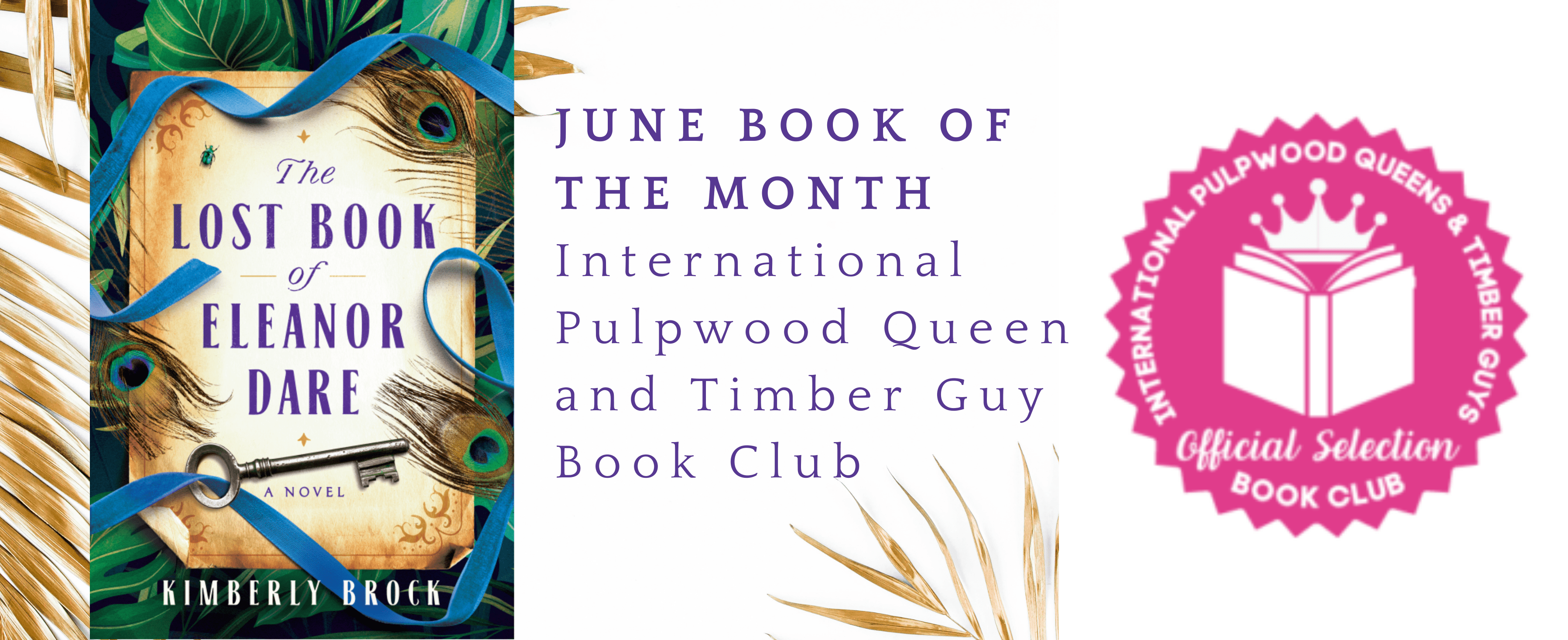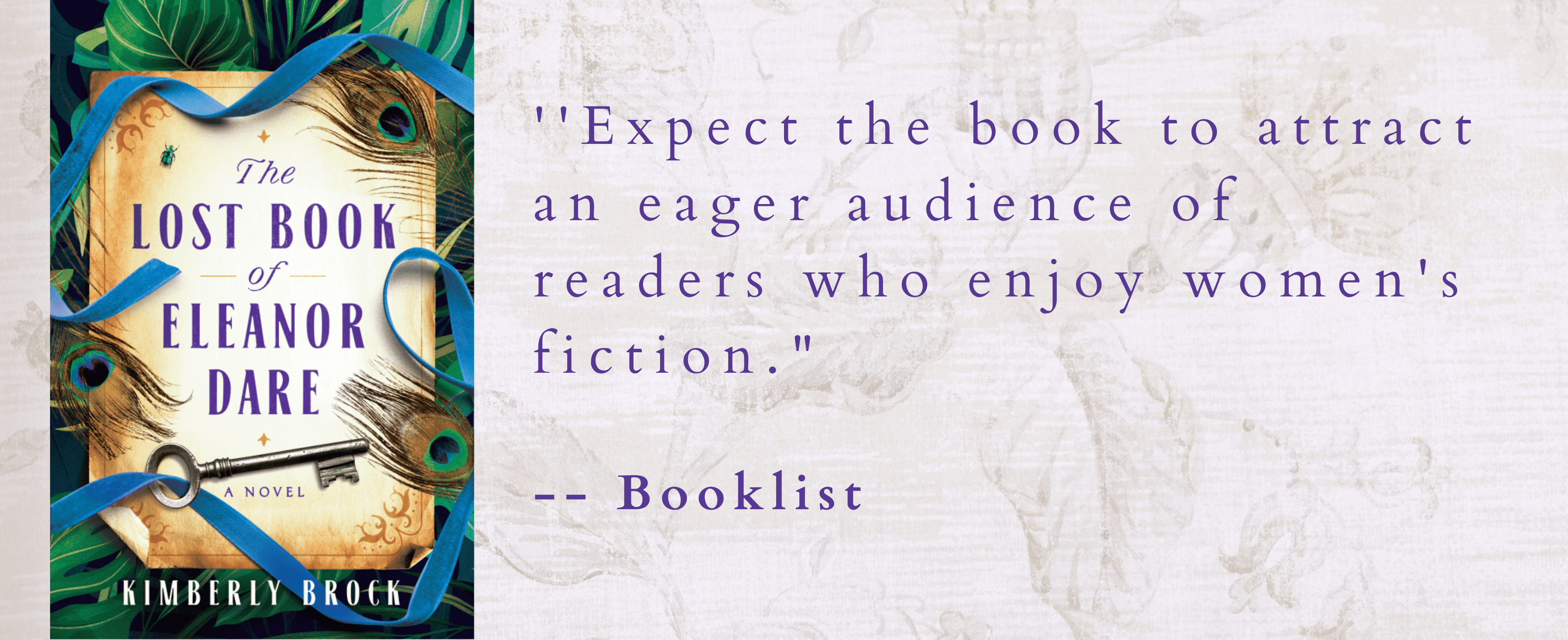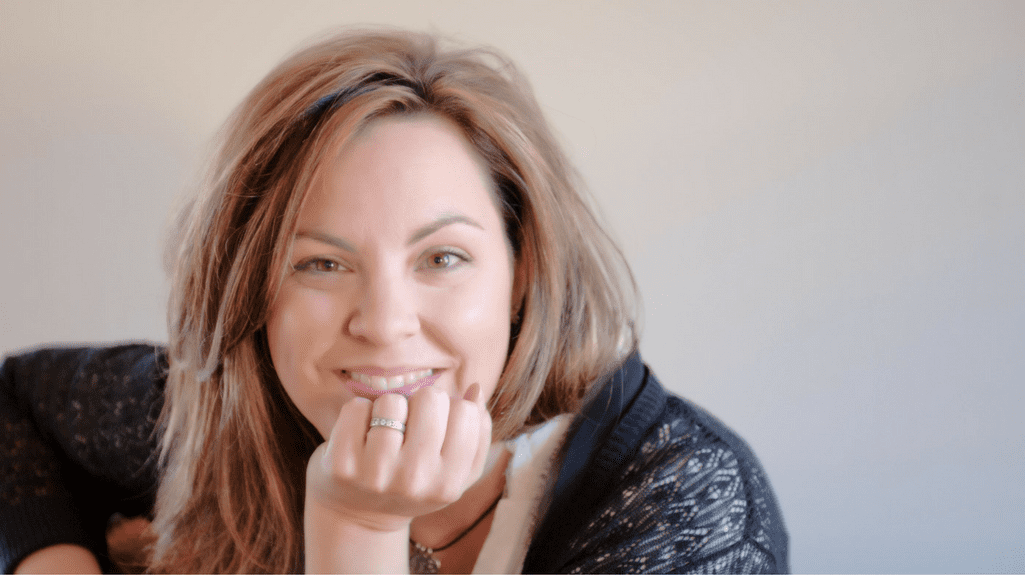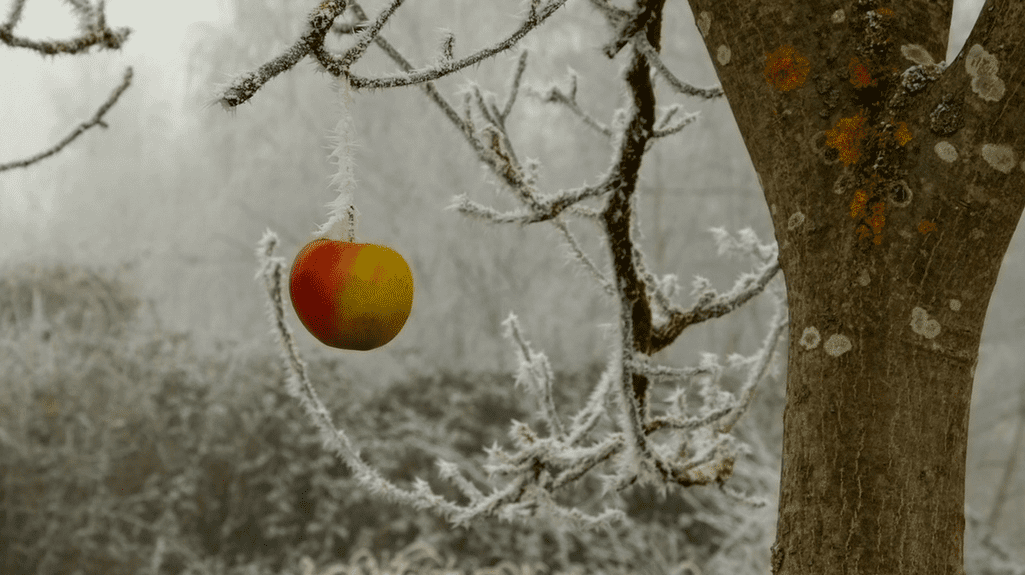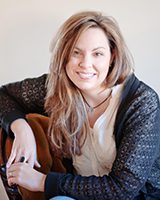Several weeks ago, I was lucky enough to receive an email from best selling author Karen Spears Zacharias. Karen writes about real people and the issues that matter to them. Her new novel, A Silence of Mockingbirds (April 2012 MacAdam/Cage Publishing), is no exception. A disturbing memoir about a tragic topic, more importantly Karen’s latest is a call to us all to take a strong stand for child advocacy and something I think everyone should read.
It has been chosen as a ONE BOOK ONE COMMUNITY read.
ANN RULE says A Silence of Mockingbirds is beautifully written by a very talented investigative journalist. But, even more, this is Karen Zacharias’s own story too, one of trust betrayed. A tragic book that we should all take to heart. We cannot change the past but we can save children who are in peril now. Karen has given us Karly’s legacy, that of a small, bright spirit who loved and was loved. And yet destroyed by heedless caretakers. A must read. Compelling and heartbreaking.”
Zacharias’s own story too, one of trust betrayed. A tragic book that we should all take to heart. We cannot change the past but we can save children who are in peril now. Karen has given us Karly’s legacy, that of a small, bright spirit who loved and was loved. And yet destroyed by heedless caretakers. A must read. Compelling and heartbreaking.”
So when she asked if she could read an early copy of The River Witch, I was thrilled. She followed up by offering to interview me for the SIBA’s Author’s Round the South newsletter as the Author to Author spot and it’s one of my favorites so far. I thought I’d share it here because it really does touch on the heart of the novel and my reasons for writing it.
Welcome Karen! And hope you enjoy reading her beautiful introduction and interview below…
 Joshilyn Jackson is one of Kimberly Brock’s biggest fans. The River Witch,says Jackson of Brock’s mystical debut novel, offers readers “a haunted landscape, authentically Southern… This is one debut that you absolutely should not miss.”
Joshilyn Jackson is one of Kimberly Brock’s biggest fans. The River Witch,says Jackson of Brock’s mystical debut novel, offers readers “a haunted landscape, authentically Southern… This is one debut that you absolutely should not miss.”
It’s praise well-earned. A car wreck and miscarriage has broken Roslyn Byrne. The professional ballet dancer retreats to the Sea Isles off the coast of Georgia, not so much to heal as to hide. There she encounters the enchanting 10-year-old Damascus, and the two become bound in hope.
Kimberly Brock says what she fears most about writing is failing to transport the reader to that mystical place infused with inspiration and imagination. Readers of The River Witch will surely tell Brock to put her fears to rest.
Karen: What exactly is a River Witch?
Kimberly: Throughout history there have been tales of women who turned into mermaids or serpents or sirens. But I was far into the writing of The River Witch before I realized I’d incorporated such long-standing mythology into my contemporary work. In particular, after the book was finished, I discovered shocking similarities between The River Witch and the enduring myth of Melusine, a cursed maiden living on a lost island who took the shape of a serpent when bathing. This dual feminine nature – the idea of a beautiful woman with a terrible secret, an unfortunate lover, a woman with a wailing song, one who bridges the gap between known and unknown realms, who has lost her children and wanders in exile because her darker nature has been revealed – applies not only to the main character, Roslyn, but to all the women in the novel in various ways. Inadvertently, I crafted the same old myth, incorporating my own culture and environment of the Appalachian foothills and the Georgia coast. I love that! I think it stands as proof that our stories are timeless. But I leave it up to the reader to decide who they think the River Witch might be in this story, and what they think that means.
Karen: Do you consider yourself a superstitious person?
Kimberly: I am a deeply spiritual person, an intuitive person. I believe in a higher power and I wonder at the universe. I think all people and cultures are superstitious simply because our understanding of the world and our own nature are so limited. Superstition is a reflection of those limits and of our yearning for the divine.
Karen: Have you ever encountered anyone like Nonnie who gave you the heebie-jeebies?
Kimberly: I have certainly known women whose intuition was unsettling, women who listened to their dreams. Whether you attribute it to mysticism or the highly religious culture of the South, I’ve always embraced the concept of spirits and souls and stories of people who knew their loved ones were hurt or in danger before they got the call. There are stories in my own family about this kind of insight. We believe there is something beyond the physical world. Our grannies raise us on it. We plant by it. Our music and literature are haunted by this kind of prevailing otherworldly, long-suffering hope. Nonnie embodies all of those qualities.
Karen: How did the story of The River Witch first present itself to you?
Kimberly: I read this article about a couple of women who decided to open a pumpkin farm. They were holding a weekend celebration for the harvest. The pictures were gorgeous, with this long table laden with food. And everywhere, there was this beautiful, round, sumptuous fruit; these gourds and pumpkins, round and full and smooth. All these warm colors. I couldn’t stop looking at the pictures. I pulled the article out of the magazine and kept it, going back to it often. I couldn’t stop thinking how much I wanted to be there with those women. I could hear the music from the fiddle and the open-throat sound of the singers in the photographs. I could taste the fried chicken and grilled corn on the table. And it was all wrapped up in the shapes of their harvest, such a compelling illustration of the feminine divine, of sensuality and fertility and sustenance. I knew that I was going to tell a story about it somehow. In my mind, it was set in a very isolated place, a mountain or an island. I knew there was a river. I started looking into all of that and researching, learning what it takes to grow those monster pumpkins, and sketching scenes with a woman longing for her childhood home and sacred traditions wrapped up in music and stories and a bountiful table. This was Roslyn. But I couldn’t bring the ideas together cohesively.
Then one day, about a year later, I saw another report. This time they were showing people floating down a river inside giant pumpkins that had been rigged up as boats. I got excited. I saw the element of water, the continuity of cycles and the ecology of a Sea Island with its rivers and marshes and the hold-outs from a disappearing culture. What would it be like to crawl inside one of those giant pumpkins on the river? Would I feel free or like I was losing everything? And then I thought, if I felt the way I felt when I looked at the women in the magazine with all their pumpkins, what would I see if I was a little girl without a mother – or a mother without a child? And then, Damascus started talking to me.
Karen: What was your biggest hurdle in writing this book?
Kimberly: Roslyn’s character was stoic and stubborn and she wouldn’t open up to me for a long time. She is a woman who has lived her life under such rigid control and forced denial that it was nearly impossible to discover any depth to her. Her experience was so limited in relation to her age. Her loss is so deep. Finding a way to make her authentic on the page and reveal her heart was a long struggle. I waited for her to arrive right up to the last page, I think.
Karen: You tackle the grievous matter of a miscarriage in The River Witch. What do you think are some of the most egregious misconceptions about miscarriages?
Kimberly: That they ever end, that the grief isn’t as potent or that the child isn’t known. That grief for a baby you didn’t raise is any less than that of losing a live child. We understand grief for a loved one who has lived a life and we can find ways to come to terms with that cycle, life followed by death. But when that cycle is broken, people don’t know how to approach that kind of disappointment. We don’t know how to comfort the bereaved. We belittle or discount a life that ended before or shortly after birth to try and make the scales balance with the way we expect life to operate. In The River Witch, this incongruity is also evident in the aftermath of the young death of Damascus’ mother, and the devastation of the Trezevant family. But in specific regard to miscarriage, I tried to examine the idea that life is cyclical in ways we may not even perceive, that the soul’s journey moves beyond our understanding.
Karen: When did you fall under the spell of writing?
Kimberly: I’ve always been a storyteller. Ask my family, who endured many hours of reenacted Disney films or impromptu plays. Ask my childhood friends and teachers, who swallowed tall tales and ghost stories whole on the playground and paid the price later, afraid to sleep in their beds. They believed I had descended from an angry Cherokee Indian Chief. They believed I was going blind like Helen Keller. I was in trouble all the time for inventing and embellishing. And then, around the age of five somebody gave me a crayon and that was that. That’s when I became a writer. I love words, whether I’m writing or reader, or acting or teaching. I love the power language gives us to share our experiences, to dream, to search and learn and reach for what is beyond us and what is inside of us. Our words are the innate and sacred gift of being human.
Karen: What frightens you about writing?
Kimberly: That I’ll never be smart enough to write the book the way it comes to me through inspiration. That the idea is too big for me and I will fail it.
Karen: Which one of these three characters — Damascus or Nonnie or Roslyn– do you most identify with, and why?
Kimberly: I can’t say that I identify more strongly with any of the three over another. I guess there are specific things about each of them that I identify with as the author. With all of them, there is this longing for family, to understand them or to learn why they’ve been lost. In my own family, particularly in my grandparents’ generation, there were rifts that separated siblings and parents so I grew up knowing very little about them, if anything. It’s more common than people realize, I think. I often wonder what traditions and stories are lost when this happens, as Roslyn wonders about her mother’s family. Of course, sometimes people detach themselves with good reason. That’s reflected in Damascus’ relationship with her father. And with Nonnie, she has cherished and honored her mother’s legacy. She is carrying it forward even as the culture of the island evolves. I think I identify with that in the small ways I try to keep my family traditions and memories alive, through food and celebration and the retelling of stories. Damascus is just beginning to learn the value of this through Roslyn’s time on the island, and hopefully through her relationship with her Aunt Ivy.
Karen: Roslyn has a complicated relationship with her mother but an endearing one with Granny Byrne. Was there someone in your life that you modeled Granny after?
Kimberly: Mainly, Granny Byrne is based on an idea rather than a person, but she does bare resemblance to a mix of my own mother and grandmother. Even a little of my father is in there. I think Roslyn’s relationship to her grandmother is more of an idea than a reality, even for Roslyn. Had she been allowed to grow up in the cove with Granny Byrne, I wonder if her memories would be the same? A family is a complicated mess at best, and I think the way Roslyn and her mother struggle is much more true to life. But we all have our mentors and we idolize them, that’s what gives their influence strength in our lives.
Karen: What surprised you most in the writing of this book?
Kimberly: First, the discovery of the myths I mentioned above after the novel was complete.And also the personal mining involved in some of the scenes and the way I fought to avoid it. I wrote some of the novel four or five different ways and still couldn’t understand why it fell flat or felt inauthentic. I sold it, feeling that some of the scenes were lacking and I couldn’t put my finger on why. My editor, in her great wisdom, could pinpoint things I was overlooking and it would boggle my mind because immediately, I would know why I had skimmed the surface with one thing or another. The personal soft spots I was side-stepping made the scenes shallow. I had to be willing to open myself to perspectives or judgments that were uncomfortable, in order for the characters to fully evolve.
Karen: Do you have a writing mentor? How did that relationship develop?
Kimberly: I’ve been lucky beyond imagination to have so many accomplished and gracious authors coming alongside me at different stages on this journey. I’ve met other authors at writing conferences and through social media and been amazed that they’re almost always willing to lend their advice and a moment of encouragement to a fledgling. I am very aware of the precious value of their time and I think that is part of the beauty of the writing community, that we value one another and each other’s stories in a way that is noncompetitive and supportive.
Not only writers, but many others in the publishing industry including agents, editors and independent booksellers, have played the role of mentor and friend. The fact that they accepted a writer before publication and showed enthusiasm and continued interest in the work simply because they respected the process was an act of faith that carried me a long way. I try to find ways to pass that along every day.
Now I’m sticking my neck out to start visiting bookstores for signings and readings, I’m overwhelmed by the welcome attitude of booksellers and the generous wisdom and helping hand of veteran authors. This book would have never seen the light of day without them.
Karen: Your single best writing advice?
Kimberly: Trusting the process. That’s kind of like trying to convince a woman she doesn’t really want an epidural because the natural process of labor is beautiful and rewarding, but seriously, it’s true. I keep trying to read something or watch some presentation that will give me the secret, but that’s just stupid. No one writer’s process is the same just like no two books are the same. There’s no use rushing it. I’m a global thinker and I have this broad idea, a kind of amorphous vision of a work and I want to get to the finished piece in this neat, controlled way that never happens. I have to force myself to relax in the bog of my imagination until something floats to the top that I can latch on to. And all that time, I’m convincing myself I’m not crazy. I have to know that I’m going to come full circle, and that I am an idiot kind of writer who is going to do it all the hard way. And then I have to hope I’m eventually going to be smart enough to write the book of my dreams, because when I’m writing I always know I’m not smart enough. I have to let the book teach me something first.
Karen: What are you working on now?
Kimberly: Another southern mystical piece involving an authentic but forgotten and discredited piece of American history about a woman whose voice has been lost for centuries and the man whose love made her story immortal.

